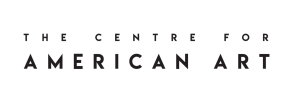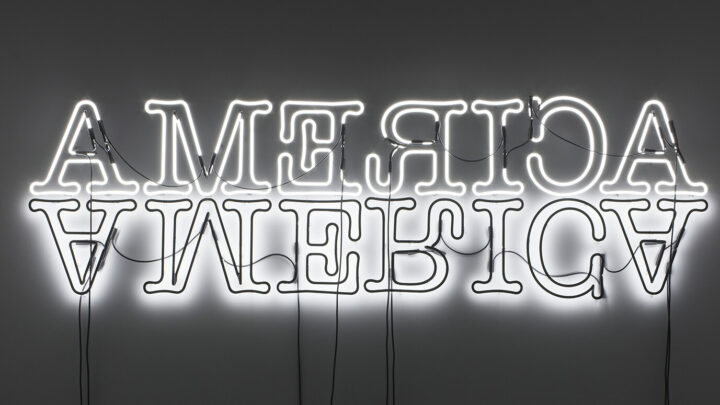The concept for this conference is motivated by a singular assumption—that the 1940s was one of the most significant decades in the history of the United States and that it dramatically transformed the country’s self-image and position in the world. The decade, which saw the end of the Second World War and the beginning of the Cold War, has been the focus of numerous scholarly publications in the fields of U.S. history, political science, globalization studies, and, most recently, literary and cultural studies. Yet the scholarship on American art and visual culture still tends to fraction the decade through the pre-1945 and post-1945 divide. While regarding 1945 as a pivotal moment, these accounts focus on what preceded or followed the 1940s, whether it is the early-twentieth-century modernism, socially engaged art of the 1930s, or the rise of the New York School and the turn towards the postmodernist paradigm. As a result, the 1940s remain an elusive decade in the historiography of American art, although a number of recent publications, primarily focused on individual artists working at the time, have proposed fresh perspectives on the period. This conference will contribute to the process of reconceptualization of the 1940s by bringing together scholars and curators who offer new approaches to thinking about the decade. In particular, the conference will give texture to the lived experience of the decade by addressing hitherto little known or understudied artistic communities across the country, as well as their networks of patronage, exchange, and collaboration.
Organised by Tatsiana Zhurauliova (Associate Researcher, LARCA (Laboratoire de Recherche sur les Cultures Anglophones), Université de Paris) and Professor David Peters Corbett (Director, Centre for American Art, The Courtauld)
Programme
Thursday, June 3, 2021, 2pm – 5.30pm:
2pm – Introduction:
David Peters Corbett, Centre for American Art, The Courtauld
Tatsiana Zhurauliova, LARCA, Université de Paris
2.15pm – Plenary Address I:
Angela Miller, Washington University in St. Louis, Unbounded: The Expanded Worlds of the 1940s
3.15pm – Panel 1: The Politics of Representation
Jody Patterson, Ohio State University, Black Lives / White Gaze: Robert Gwathmey in the South
John Fagg, University of Birmingham, Ben Shahn: After the Retrospective and in Response to Disaster
4.15pm – Break
4.30pm – Panel 2: Agency, Subjectivity, and the Limits of the Self
Marci Kwon, Stanford University, Enchantments: Joseph Cornell and American Modernism
Ellery E. Foutch, Middlebury College, Painting Pin-Ups and Calendar Girls
5.30pm – Ends
Friday, June 4, 2021, 2pm – 6.30pm:
2pm – Welcome
2.15pm – Panel 3: Alternative Genealogies
Jonathan Black, Kingston School of Art, From Precisionist Modernity to ‘Romantic Primitive’ and the Deceptive Rural Idyll: George C. Ault and 1940s America
Louis Shadwick, The Courtauld, Edward Hopper and 1940s America
3.15pm – Panel 4: The Medium and the Device
Andrew Witt, Humboldt Universität zu Berlin, Maya Deren: Images Future Past
Jason Hill, University of Delaware, The Look of Police Radio
4.15pm – Break
4.30pm – Panel 5: Long Histories: Beyond the 1940s
Heather Campbell Coyle, Delaware Art Museum, Summertime and Beyond: John L. Sexton’s Collection of Modern American Painting
5.10pm – Plenary II:
Alexander Nemerov, Stanford University, Oblivion
6.10pm – Ends







